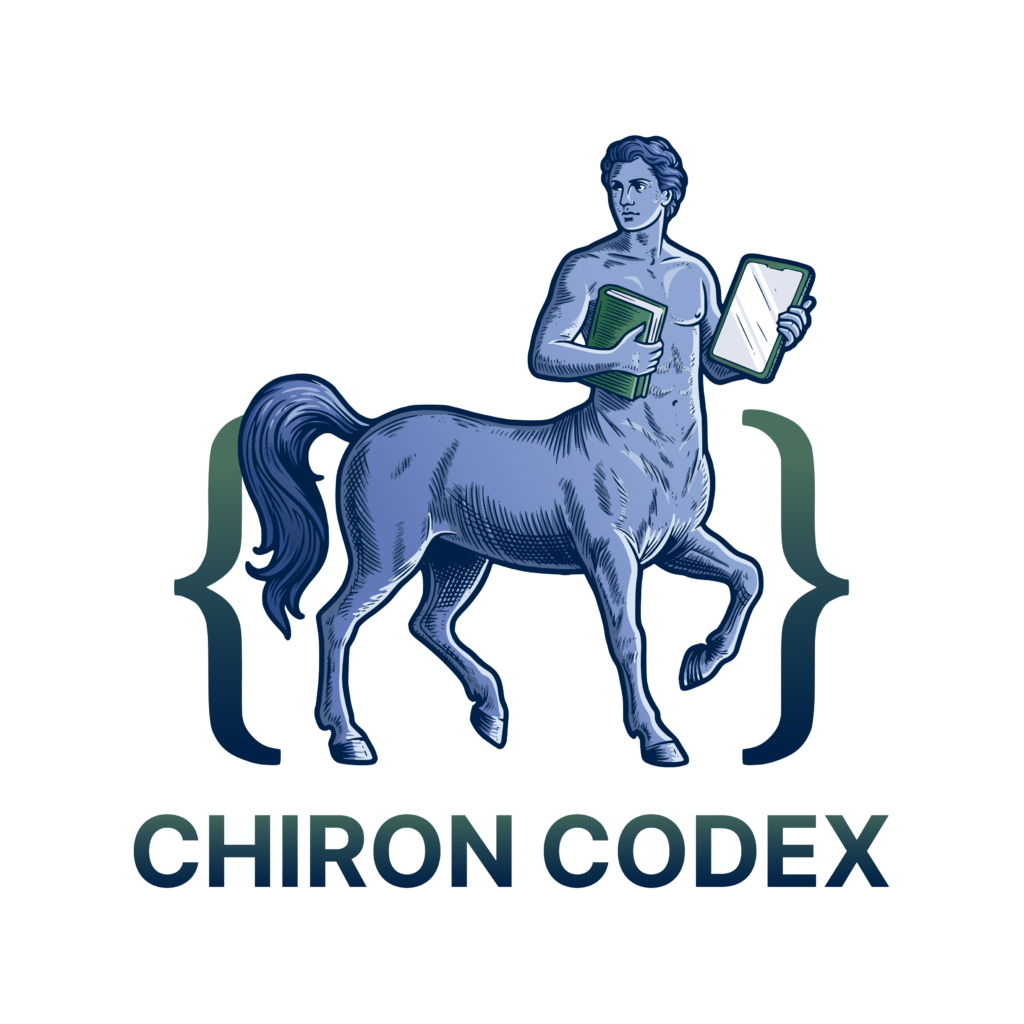-

Chiron Codex: helping software engineers become centaurs. OOP the Easy Way
Object-Oriented Programming the Easy Way: a manifesto for reclaiming OOP from three decades of confusion and needless complexity.APPropriate Behaviour
APPosite Concerns
Support This Site
If you like what I do please support me on Ko-fi
FSF

Author Archives: Graham
Does that thing you like doing actually work?
Genuine question. I’ve written before about Test-Driven Development, and I’m sure some of you practice it: can you show evidence that it’s better than (or, for that matter, evidence that it’s worse than) some other practice? Statistically significant evidence? How … Continue reading
Posted in advancement of the self, documentation, software-engineering
Comments Off on Does that thing you like doing actually work?
I made a web!
That is, I made a C program using the literate programming tool, CWEB. The product it outputs is, almost by definition, self-documenting, so find out about the algorithm and how I built it by reading the PDF. This post is … Continue reading
Posted in code-level, documentation, tool-support
Comments Off on I made a web!
A brief history of talking on the interwebs (or: why I’m not on app.net)
When I first went to university, I was part of an Actual September, though it took place in October. Going from a dial-up internet service shared with the telephone line to the latest iteration of SuperJANET with its multi-megabit connection … Continue reading
Posted in Twitter, user-error
2 Comments
What’s a software architect?
After a discussion on the twitters with Kellabyte and Iris Classon about software architects, I thought I’d summarise my position. Feel welcome to disagree. What does a software architect do? A software architect is there to identify risks that affect … Continue reading
Posted in Responsibility, software-engineering
2 Comments
On free apps
This post is sort-of a follow-on to @daveaddey’s post on the average app; although in reality it’s a follow-on to the response that comes out every time a post on app store revenue is written. Events go like this: Some … Continue reading
Inheritance is old and busted
Back when I started reading about Object-Oriented Programming (which was when Java was new, I was using Delphi and maybe the ArcGIS scripting language, which also had OO features) the entire hotness was inheritance. Class hierarchies as complicated as biological … Continue reading
Posted in code-level, OOP, software-engineering
Comments Off on Inheritance is old and busted
On Null Objects
I’ve said before, NSNull is an anti-pattern. It’s nice that we have the nil object, which allows us to have a stand-in for any object that doesn’t do anything. Unfortunately, it’s not a universal stand-in. You can’t add nil to … Continue reading
Posted in code-level, OOP, software-engineering
3 Comments
Illuminative-C
In addition to being a mildly accomplished software engineer, I’ve done some studying and armchair research in the field of ancient languages and palaeography. What happens if we smoosh those fields together? In a very slight way, art historian and … Continue reading
Posted in advancement of the self, books, code-level, documentation, PCAS, software-engineering, UI
Comments Off on Illuminative-C
On community
This is a post that had been boiling for a while; I talked a little about the topic when I was in Appsterdam earlier this year, and had a few more thoughts which were completely supplanted and rearranged by watching
Posted in AAPL, advancement of the self, books, Business, iDeveloper.TV, iPhone, Mac, NSConf, OOP, Responsibility, software-engineering, Talk, WebObjects
Comments Off on On community
Password checking with CommonCrypto
I previously described a system for storing and checking credentials on Mac OS and iOS based on using many rounds of a hashing function to generate a key from the password. Time has moved on, and Apple has extended the … Continue reading
Posted in Authentication, code-level, Crypto, password
1 Comment

